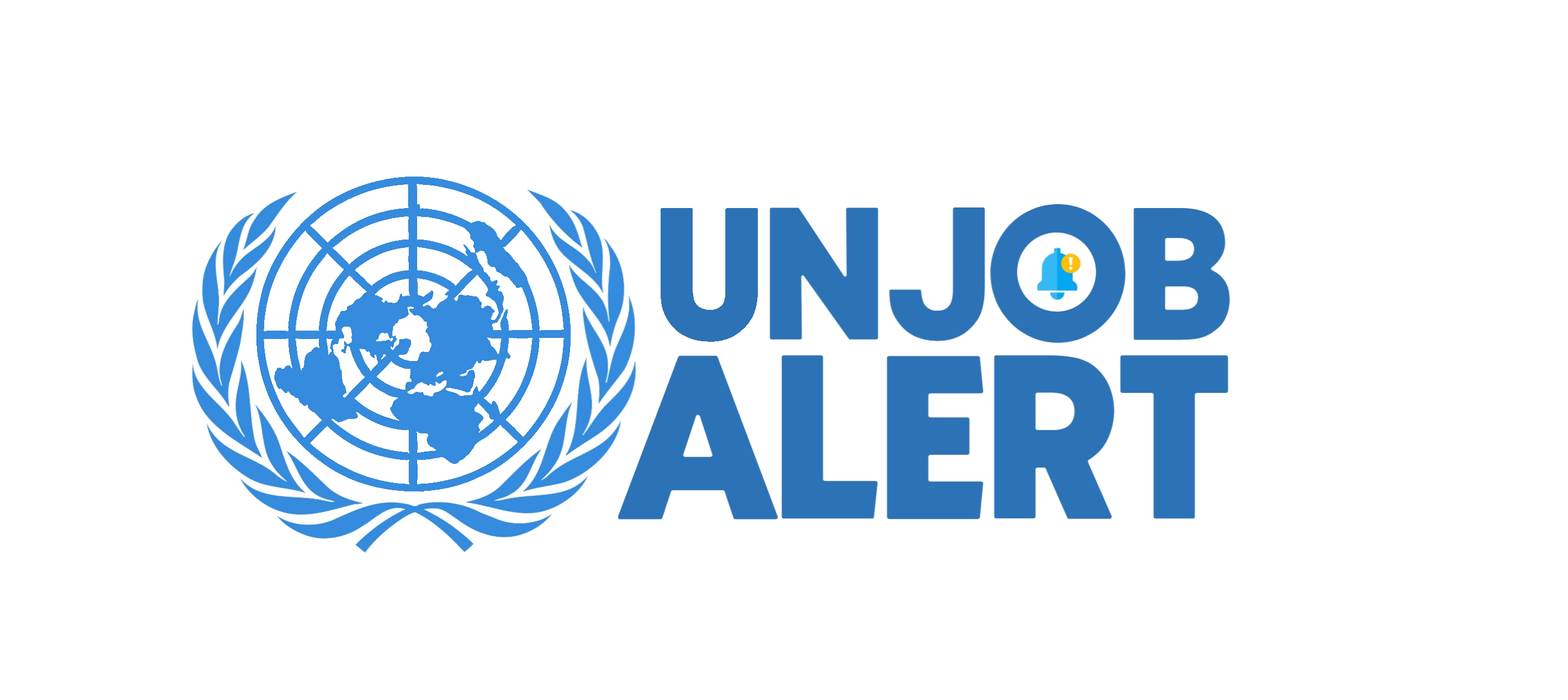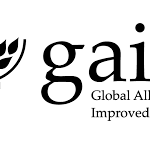Description
Workplace
RCA – position based in Birao in Vakaga with possible travel within the province and to Bangui
Taking up the position
February 2025 – 12 month contract (renewable)
Function
Field Coordinator
Conditions
Salaried contract, gross monthly salary of €2,729 to €3,244, monthly per diem €606, 100% medical coverage + repatriation insurance + life insurance, accommodation and international and local transport covered as part of the mission, rest every 3 months. More information on www.trianglegh.org , “Participate” section. Family departures not permitted.
Presentation by TGH
“Actors of committed and sustainable international solidarity”
Founded in 1994, TGH, a French international solidarity association based in Lyon, develops and implements emergency, rehabilitation and development programs in the areas of water, hygiene and sanitation, food security and rural development, socio-educational and psychosocial. TGH currently works in 13 countries in Africa, Europe and Asia.
Context
Considered one of the poorest countries in the world (ranked 188th out of 191 countries according to the UNDP Human Development Index), the Central African Republic (CAR) is experiencing a chronic humanitarian crisis. In 2024, 2.8 million people in need of humanitarian aid were identified in the CAR, or 46% of the Central African population. More than eight out of ten people are vulnerable to poverty, including 68.8% in chronic poverty and 10.1% of non-poor people vulnerable to poverty. The priority sectors are WASH, protection, health and food security.
While the capital Bangui is secure, the country remains in a state of instability, with the presence of armed forces that reduce humanitarian access, particularly in the TGH intervention areas (Vakaga). In addition, since April 2023, the north of the country has been suffering from population movements linked to the Sudanese crisis. Clashes between members of the Sudanese army and paramilitary militias (RSF) are causing an influx of refugees day after day in the Sudan / CAR border area. The Vakaga prefecture is now hosting more than 14,000 refugees, destabilizing Food Security, increasing epidemiological risks in the area, and accentuating the economic fragility of a region already in a state of great vulnerability.
Mission presentation
TGH began its work in the CAR in 2007 to support refugees from Darfur, in the Vakaga prefecture. In this region of northeastern CAR, TGH implements multi-sectoral development and emergency projects (Korsi de Birao camp) to meet the needs of displaced, returned and/or refugee populations, in the WASH, protection, education and food security sectors.
In Bangui, TGH has been working since 2014 on behalf of street children and incarcerated minors, by setting up mobile antennas and permanent offices to provide the most vulnerable children with access to basic socio-educational and medical services; and participates in the process of family reunification and foster care, alongside the supervising Ministry. TGH is also implementing a training and professional integration project in Bangui.
The current team is made up of 17 expatriate staff and around 130 national staff, divided between coordination and the operational base (Bangui, Birao).
Later
The town of Birao, Vakaga prefecture, is located 1000 km northeast of Bangui and has been home to one of TGH’s operational bases in the CAR since 2007. Several projects are currently underway.
One of the projects is in response to the Sudanese refugee crisis with WASH and protection interventions on the Korsi site (around 2,000 refugees in Birao) and on the priority axes of Vakaga.
Another aims to improve the living conditions of the populations of the host communities, displaced persons and returnees affected by the crises in the Vakaga prefecture.
A third aims to contribute to improving the food security of populations affected by the conflict in Sudan and to the sustainable and equitable development of promising sectors in the Vakaga prefecture in the CAR.
The Field Coordinator ensures the supervision and coordination of operations implemented in the Birao region, the security of the teams, relations with civil and military authorities and other humanitarian actors, as well as the general smooth running of the Birao base. He/she
works under the responsibility of the Country Director and in conjunction with the Coordinators of each department (program, logistics, finance/HR), based in Bangui. He/she directly supervises the expatriate team based in Birao (composed of 7 people). The functional link with the Project Managers based in Birao (x 4) is ensured by the Deputy Country Director for Programs from Bangui who carries out regular supervision missions on the base and ensures programmatic coordination and part of the technical relations with donors.
The Coordinator assumes the following responsibilities:
Coordination and monitoring of programs
- Supervise, in conjunction with the Deputy Country Director for Programs, Project Managers in the implementation and monitoring of activities and operational objectives;
- Monitor the project(s) in the possible absence of a Project Manager and support them if necessary;
- Monitor budgets in conjunction with the Finance, HR, Administration and coordination Manager;
- Monitor the delivery of equipment in conjunction with the Logistics Manager and logistics coordination;
- Ensure compliance with internal procedures and donor procedures in the implementation, quality and frequency of reporting of activities;
- Ensure a link and good coordination between the programs and all the supports;
- Participate in coordination meetings with the Bangui team in order to promote cohesion and relevance of actions;
- Participate in external and internal reporting, donor reports and project monitoring tools according to the schedule predefined with the coordination.
Security management
- Ensure political, security and socio-economic contextual monitoring of the area, ensure its internal dissemination, and participate in the analysis of the situation;
- Regularly and participatoryly update the base’s security management tools (security plan, etc.) while respecting the association’s formats and ensuring that base staff are familiar with and respect them;
- Guarantee, with the Country Director, a level and operating methods adapted to the context;
- Manage, in conjunction with the Country Director and headquarters, security incidents and emergency situations;
- Represent the association at civil-military meetings and other security coordination meetings;
- Maintain an address book/network of contacts necessary for security monitoring and maintain good collaboration with the network of security actors in the area;
- Accompany the national security liaison officer present on the base.
- Inform staff of safety rules.
Team management
- Ensure good coordination and internal communication, in particular by holding regular meetings;
- Carry out individual assessments of expatriate staff;
- Supervise the management of national personnel by managers (compliance with internal regulations, regular evaluations, possible sanctions, training policy, remuneration policy, etc.);
- Ensure a good atmosphere and team spirit.
Database management
- Ensure general compliance with the various internal procedures;
- Ensure, with the administrative and logistics teams, the proper functioning of the base on administrative, financial and logistical levels;
- Ensure optimal pooling of resources for different projects;
- Ensures compliance with the application of RACI for the smooth running of the base;
- Ensure adequate living and working conditions.
Representation of the association
- Maintain and develop good working relationships as well as good visibility of the association with local civil and military authorities, other humanitarian actors (UN agencies, NGOs) and international forces present in the area;
- Represent the association for various meetings (coordination, consultation, etc.);
- Ensure good coordination with other NGOs present on the ground.
Definition and implementation of the intervention strategy
-
- Participate in defining the intervention strategy for the region and updating it when necessary;
– In connection with this strategy, coordinate and participate in the assessment of needs in the field, the preparation of project proposals and participate in fundraising. *These responsibilities may be reviewed depending on the evolution of needs in the field*
- Participate in defining the intervention strategy for the region and updating it when necessary;
Safety, working and living conditions
The security context requires compliance with security rules (curfew, monitoring of movements, etc.). Travel in the field, outside the main cities, is possible but requires prior analysis. Travel in the city is generally not subject to restrictions, except in the event of tension. TGH is a known and appreciated humanitarian actor in the area.
In Birao, TGH has a secure office-life base concession where each expatriate has his or her own room. Electricity is provided by a generator that only runs a few hours a day; the internet connection is dependent on the generator’s operation.
A regular return to Bangui allows expatriates to rest and enjoy some of the leisure activities available in Bangui.
Profile
- Minimum of 3 years of humanitarian field experience, including at least one year in coordination functions;
- Experience in security management in a conflict context;
- Excellent command of the project management cycle;
- Experience in team management;
- Experience in managing lessor contracts;
- Good writing skills in French;
- Ability to live in an unstable security context;
- Anticipation and decision-making skills;
- Ability and motivation to live and work in a team;
- Very good stress management skills.
How to apply
Go to our website to apply: https://www.trianglegh.org/recrutements/coordinateur%c2%b7trice-terrain/?IdOffre=363# !


